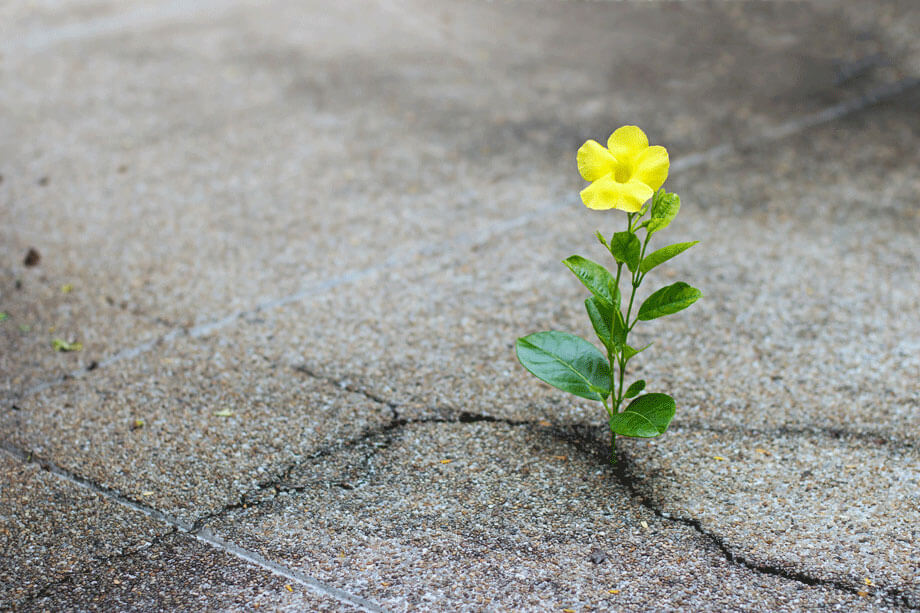As an international medical graduate from Lebanon, training in the United States is an opportunity I’ve dreamed about for many years. Yet, while I immerse myself in fellowship training at one of the most prestigious institutions in the world, my heart and mind often drift thousands of miles away, to my homeland, which is currently ravaged by war.
Lebanon is no stranger to conflict, and growing up, I learned to navigate the uncertainties of daily life amid political turmoil and economic instability. However, being so far away while my family and friends endure this latest crisis presents a unique emotional and psychological challenge that I never anticipated. My experience as a fellow in the U.S. is shaped by both gratitude for the opportunity I have here and a sense of and helplessness for what I’ve left behind.
The journey to becoming a medical fellow in the United States is arduous for any international medical graduate, and it was no different for me. Coming from Lebanon, I had to overcome the barriers of language and culture. I poured my heart and soul into preparing for this fellowship, and the sacrifices I made were all part of a long and difficult path. However, I was driven by my desire to make a difference in the world and, eventually, to contribute to the health and well-being of my people. But the distance, both physical and emotional, weighs on me daily. With each phone call or video chat, I hear the fear and worry in my parents’ voices. They tell me not to worry, but their reassurances only deepen my anxiety. I check the news constantly, reading updates about bombings and displacement. It’s hard to focus on the present when my mind is constantly pulled back to the chaos of home.
While I am learning and building relationships here, I can’t help but feel a profound sense of guilt. How can I complain about the long hours of training, the occasional homesickness, or the pressure of performing in a competitive academic environment when people I love are struggling for basic survival? There’s a tension between the gratitude I feel for being safe and the sorrow I feel for my country’s suffering. In my daily life as a fellow, I am constantly aware that I exist in two realities. One is the highly structured, well-resourced medical environment in the United States where I have access to cutting-edge technology and renowned mentors. The other is the reality of Lebanon, where hospitals are overwhelmed and resources are scarce. This dichotomy creates a feeling of dissonance. I am constantly reminded of the privilege I have to be here, and I try to use that as motivation. Each day, I push myself to absorb as much knowledge and experience as possible, knowing that one day, I will return to Lebanon, and my country will need physicians who can revolutionize the health care system.
One of the lessons Lebanon has taught me is resilience. Growing up in a country that has experienced repeated cycles of conflict, I have learned how to adapt, persevere and find hope in the most challenging of circumstances. It is this resilience that keeps me grounded here, even when the emotional toll of the war weighs heavy on my heart. I have come to understand that my presence in this fellowship is, in itself, an act of resistance. It’s a way of saying that, despite the devastation at home, I will continue to strive for excellence and serve my people. By equipping myself with advanced medical skills, I am preparing for the day when I can return and be part of the solution. As difficult as it is to balance my duties as a fellow with the emotional burden of the war, I try to channel my pain into purpose. Being here, away from my homeland in such a turbulent time, is not easy, but I remind myself daily that I am here for a reason. In the face of war, I remain committed to my training, knowing that the skills I gain now will be my way of giving back to the country I love. In the face of destruction, I choose to build.
Related Content
- Global Threats to Public Health: Dr. Peter Hotez on Climate Change, Conflicts, Poverty and Antiscience
- Reflections from International Scholarly Concentration Research
- Worldwide Refugee Crises and How to Help
Want to read more from the Johns Hopkins School of Medicine? Subscribe to the Biomedical Odyssey blog and receive new posts directly in your inbox.
